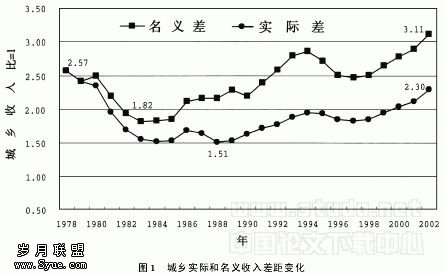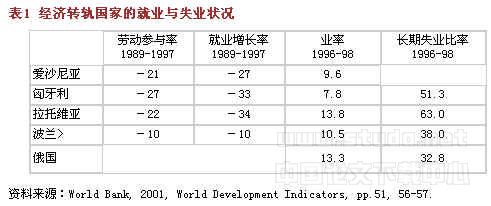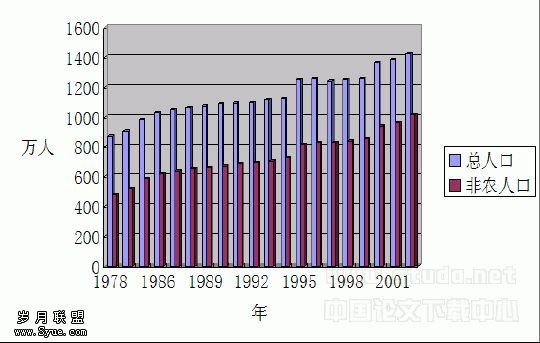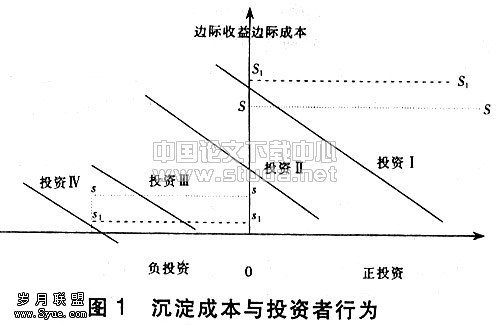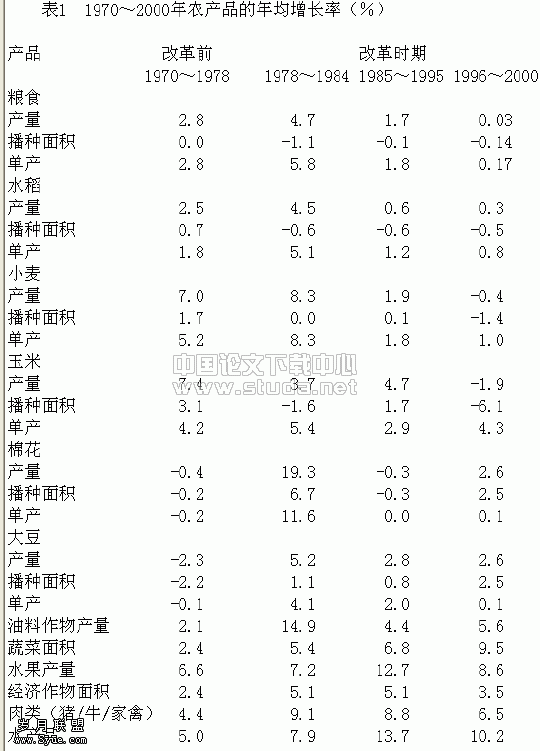Capitalism, global and local
Samuel Brittan looks at two Christmas books of a serious kind
Suppose you have two nephews. One is a student of economics or a beginner in financial markets. He has no intention of becoming a forecaster or creating mathematical models. But he would like to know the reasoning behind Gordon Brown's "stability framework" without having to extract it from a large number of speeches.
Your other nephew is an arts student or works in publishing or journalism. He has no aspirations to economic expertise but is convinced that global capitalism is making the rich richer and the poor poorer. You in your turn want to give them both a serious Christmas book. Here are ideal gifts.
In Defence of Global Capitalism is written by a 27-year-old former anarchist, Johan Norberg, who now believes that capitalism is a force for freedom. According to his publisher, Swedish free-market think tank Timbro, his book has changed the Swedish debate.
The author is astonished that people who call themselves radicals should oppose the opening of borders and the dismantling of controls. In affluent countries free imports of goods and capital may seem a luxury. But in the Third World global capitalism can help deliver the masses from "an existence in abject poverty, in filth, ignorance and impotence, always wondering where the next meal is coming from and whether the water you have walked so many miles to collect is lethal or fit to drink".
Capitalists are most dangerous when, instead of being forced to compete, they join forces with government. However, Norberg does not want economic transactions to supplant all other human relations. His aim is voluntary relations in all fields.
But he goes beyond these generalities. Giving clear and verifiable sources, he nails one by one the fallacies and selective statistics that are used by the anti-capitalist protesters. Norberg is no laisser-faire fanatic. So far from disapproving of environmental regulation he uncovers information, new to me, showing that richer countries and countries with freer markets have a higher degree of environmental protection than the rest. This is not surprising as wealthier nations can more easily afford to protect their surroundings; and governments of free economies have more incentive to create congenial conditions to discourage their citizens from leaving.
Interestingly enough he quotes some of the same statistical relationships that are most frequently cited on the left. For instance, he shows that there is a positive relation between living standards and economic growth on the one hand and reduced "inequality" on the other. These relationships are often cited to support income redistribution and the welfare state. The Swedish author does not take sides here. Taking a world view, Norberg does not have to discuss policy rules for advanced industrial countries. This is the province of a handbook, Reforming Britain's Economic and Financial Policy, compiled by the British Treasury.
Its introduction states disarmingly: "This book differs from traditional text books in that all the policies described here are actually being implemented." It is easy enough to scoff at the volume for implying that economic enlightenment began with the election of New Labour in 1997. A more impartial guide would see the present framework as building on previous efforts to provide a medium-term framework for controlling inflation while minimising output disturbances.
But one should not be ungrateful. The book is a bible of economic management covering matters ranging from the new framework of operational independence for the Bank of England to public sector debt management. As with the real Bible, a textual student can find contradictions. While the first chapter is an eloquent restatement of the view that there is no long-term relationship between unemployment and inflation, a later chapter makes a big meal of the way in which having a positive inflation target of 2.5 per cent - rather than aiming at rough price stability - is a major protection for output and employment.
The Treasury book ignores critiques of the prevailing wisdom. I am suspicious of the reliance on official forecasts - which is not allayed by the debating point that we must all base our actions on some view of the future. As recent experience has shown, forecasts are ways of summarising past and present economic indicators and lag behind what has happened, above all at turning points.
Inflation targets, on the other hand, have indeed served several countries surprisingly well in the past decade; but I doubt if they will prove the last word. Already we have the absurdity that the Bank of England is forced to argue about the supposed dangers of inflation falling below target, when it is really taking action to offset a feared recession. Moreover - as events in Japan already show - the operational separation of the central bank and finance ministry could hardly survive a severe and long-lasting economic depression, nor probably the threat of double-digit inflation which could be triggered off, for instance, by a Middle East oil clampdown.
